In 2015, we commenced the second phase of our work by developing a new strategic plan for 2015 -2019. Being a learning organization, the plan is informed by two key reviews – a Look Back Peer Review led by Chevron held in the third year of our first phase funding to assess our performance against original objectives and a comprehensive Participatory Strategic Review (PSR) to provide strategic direction and identify opportunities for continued development with respect to the partnership-based approach. The PSR gathered data through key informant interviews, focus group discussions and telephone surveys. In total 102 face-to-face interviews took place in Nigeria involving 316 stakeholders. A further 30 interviews took place among the Washington DC-based development community (where NDPI is based). A telephone-based survey of 1300 participants was also conducted across the Niger Delta states.
ECONOMIC DEVELOPMENT
Developing opportunities for market development and employment generation
PEACE BUILDING
Strengthening conflict resolution mechanism for enabling integrated peace and economic growth
ANALYSIS AND ADVOCACY
Improving analysis and understanding of systematic constraints to growth in the Niger-Delta Region
CAPACITY BUILDING
Building service delivery and engagement capacity of government civil society and communities.
KEY ACHIEVEMENTS DURING THE FIRST PHASE (2010-2014)

PIND conducted value chain Analysis and identified 3 priority Sectors with growth potential and opportunities for the poor…


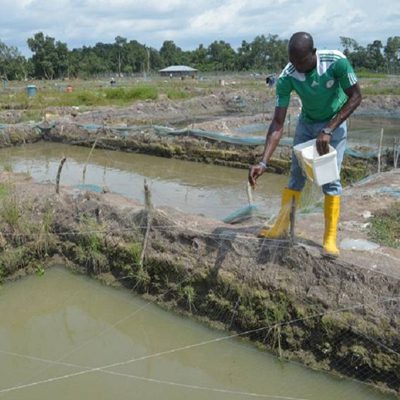
8 Demonstration ponds constructed For farmers to learn better fish farming practices to improve yields and generate greater…


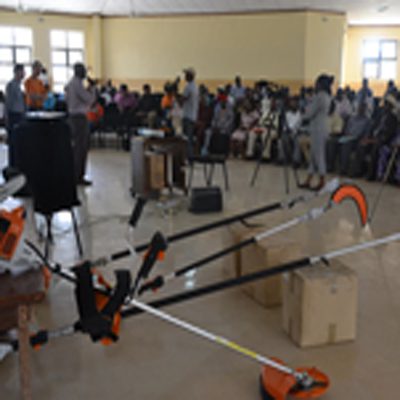
PIND partnered with (NIFOR) to train local manufacturers on Producing processing equipment That will improve extraction rates…


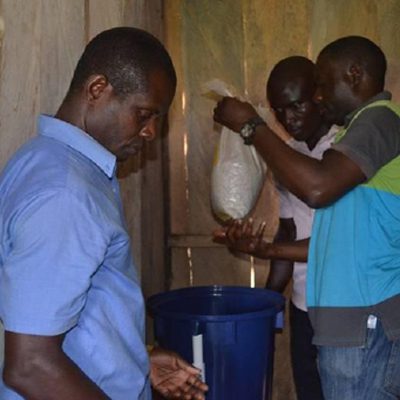
PIND established a business linkages Pilot to apply market development Approaches to the oil industry Increase its procurement…



Economic development centers (EDCs) were built in Warri and Port Harcourt in 2012 & 2013 to provide on-the-ground resources…


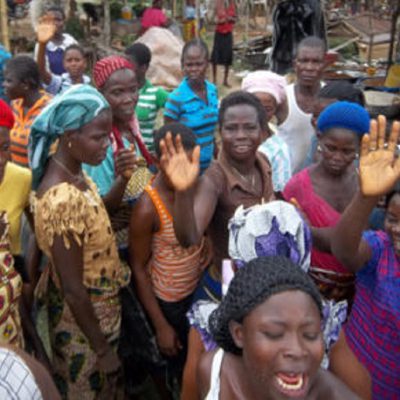
NDPI partnered other donor-led market development projects in Nigeria such as MARKETS 2 (USAID) and MADE (DFID)…


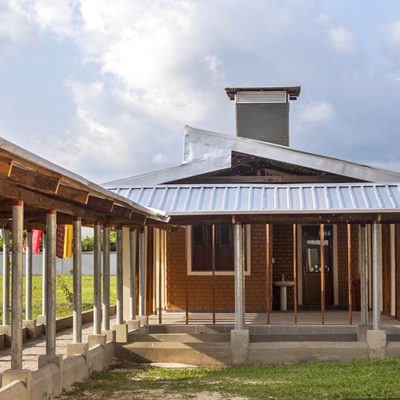
PIND established an Appropriate Technology Enabled Development (ATED) program, developing and applying small-scale…
FOCUS FOR THE SECOND PHASE (2015-2019)
Over the next five years, PIND will drive research and design of the projects it will co-fund, ensuring the application of systemic analysis and addressing the systemic constraints within the identified market systems and cross learning between projects. The EDC will place a strong emphasis on developing effective pilot projects and then finding partners that can lead the replication of successful program activities into other parts of the Delta, extending PIND’s impact. View Full Report (PDF)
THE PEACE BUILDING TEAM FOCUSES ON
Building a network of local organizations and individuals committed to reducing conflict in the region.
Undertaking data collection and analysis, production of conflict bulletins and capacity building.
M a i n s t r e a m i n g a n d e n s u r i n g peace-building approaches and objectives are built into other program areas
IN THE FIRST PHASE FROM 2010-2014
1600 Individuals and institutions were linked into a network for discussing and addressing conflict issues physically or through social media.
9 P4P S t a t e c h a p t e r s w e r e established to expand the network of Peace building advocates.
A website was created that contains various tools for addressing conflict including a web map that shows where conflict and peace building initiatives exist in the region
A variety of short films were also produced by PIND media production hub to generate interest and collective action for addressing conflict as part of the P4P program.
KEY TARGETS FOR SECOND PHASE FROM 2015- 2019
Providing data collection and analysis, conflict bulletins, and capacity building as needed to stakeholders
IPDU will leverage assets (social capital, skills, and key stakeholders) from within the P4P Network for interventions, such as SMS early warning, which will in turn strengthen the peace building efforts of the P4P Network and other partners.
Scoping and analysis that comes out of peace building activities will inform planning and implementation across PIND’s four program areas.
Over the next 5 years, the program will build on the successes of the first phase by:
Since 2010 PIND’s capacity building program has been collaborating with diverse partners to build and enhance capacity of government, civil society, business associations including service providers and communities to engage in economic, governance, advocacy and peace-building initiatives and activities.
- Economic Development
-
KEY ACHIEVEMENTS DURING THE FIRST PHASE (2010-2014)


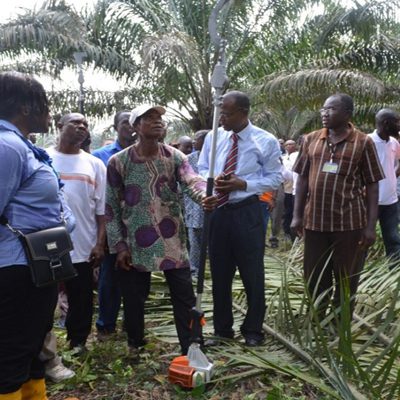
PIND conducted value chain Analysis and identified 3 priority Sectors with growth potential and opportunities for the poor…



8 Demonstration ponds constructed For farmers to learn better fish farming practices to improve yields and generate greater…



PIND partnered with (NIFOR) to train local manufacturers on Producing processing equipment That will improve extraction rates…



PIND established a business linkages Pilot to apply market development Approaches to the oil industry Increase its procurement…



Economic development centers (EDCs) were built in Warri and Port Harcourt in 2012 & 2013 to provide on-the-ground resources…



NDPI partnered other donor-led market development projects in Nigeria such as MARKETS 2 (USAID) and MADE (DFID)…



PIND established an Appropriate Technology Enabled Development (ATED) program, developing and applying small-scale…
FOCUS FOR THE SECOND PHASE (2015-2019)
Over the next five years, PIND will drive research and design of the projects it will co-fund, ensuring the application of systemic analysis and addressing the systemic constraints within the identified market systems and cross learning between projects. The EDC will place a strong emphasis on developing effective pilot projects and then finding partners that can lead the replication of successful program activities into other parts of the Delta, extending PIND’s impact. View Full Report (PDF)
- Peace Building
-
View PDF
THE PEACE BUILDING TEAM FOCUSES ON
Building a network of local organizations and individuals committed to reducing conflict in the region.
Undertaking data collection and analysis, production of conflict bulletins and capacity building.
M a i n s t r e a m i n g a n d e n s u r i n g peace-building approaches and objectives are built into other program areas
IN THE FIRST PHASE FROM 2010-2014
1600 Individuals and institutions were linked into a network for discussing and addressing conflict issues physically or through social media.
9 P4P S t a t e c h a p t e r s w e r e established to expand the network of Peace building advocates.
A website was created that contains various tools for addressing conflict including a web map that shows where conflict and peace building initiatives exist in the region
A variety of short films were also produced by PIND media production hub to generate interest and collective action for addressing conflict as part of the P4P program.
KEY TARGETS FOR SECOND PHASE FROM 2015- 2019
Providing data collection and analysis, conflict bulletins, and capacity building as needed to stakeholders
IPDU will leverage assets (social capital, skills, and key stakeholders) from within the P4P Network for interventions, such as SMS early warning, which will in turn strengthen the peace building efforts of the P4P Network and other partners.
Scoping and analysis that comes out of peace building activities will inform planning and implementation across PIND’s four program areas.
- Analysis & Advocacy for Niger Delta
-
Over the next 5 years, the program will build on the successes of the first phase by:
- Capacity Building
-
Since 2010 PIND’s capacity building program has been collaborating with diverse partners to build and enhance capacity of government, civil society, business associations including service providers and communities to engage in economic, governance, advocacy and peace-building initiatives and activities.





